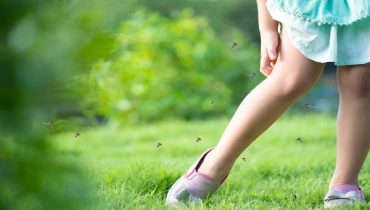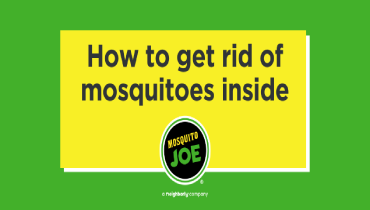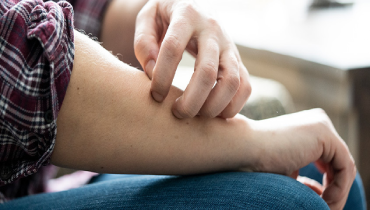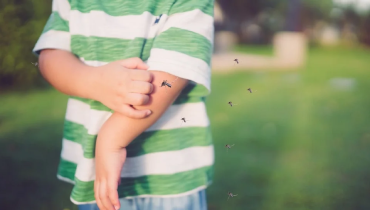Ouch! Did you feel that? Mosquito bites on ankles and feet are no fun, but why is it one of their favorite places to catch a snack?
Learn moreMosquito Joe® Blog
Shared Resources for Your Pest Control Needs
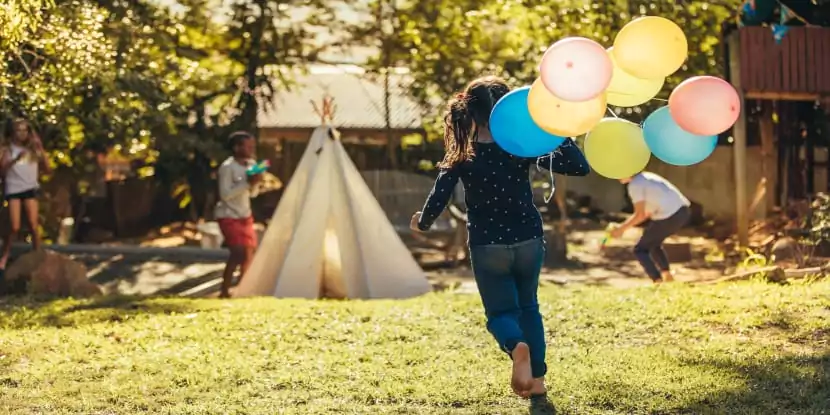
EPA PESP Gold Member Status: A Milestone in Environmental Stewardship
We’re thrilled to announce that Mosquito Joe has achieved Gold Status within this program, a prestigious recognition reserved for “outstanding environmental stewards.
Showing 61 Results for Mosquito Control
Oct 14 2024
Jul 26 2024
During winter’s gray days, we long for clear skies and sunny weather. So do mosquitoes.
Learn more
Nov 09 2023
Spending time outdoors can be a great experience, but mosquitoes can quickly spoil the fun.
Learn more
Jul 03 2023
It’s a peaceful summer night and you are slowly drifting off to sleep until you hear it—the obnoxious whine of a mosquito in your
Learn more
Feb 24 2023
Ugh. When you have been bitten by an insect, itching and scratching are at the top of your to-do list. You may not be in
Learn more
Feb 17 2023
Ugh! Why do mosquitoes bite me so much? My friends say having me along is the only bug spray they need! Is it my blood type? What blood type
Learn moreBlog Category
About Mosquito Joe®
Since 2010, Mosquito Joe® has provided mosquito and pest control services for residential and commercial customers nationwide. Our team of trained pest control experts is dedicated to getting rid of mosquitoes and other pests so you can make outside fun again. Our team of trained field professionals knows how to get the job done swiftly and thoroughly, leaving a noticeable absence of biting insects.

